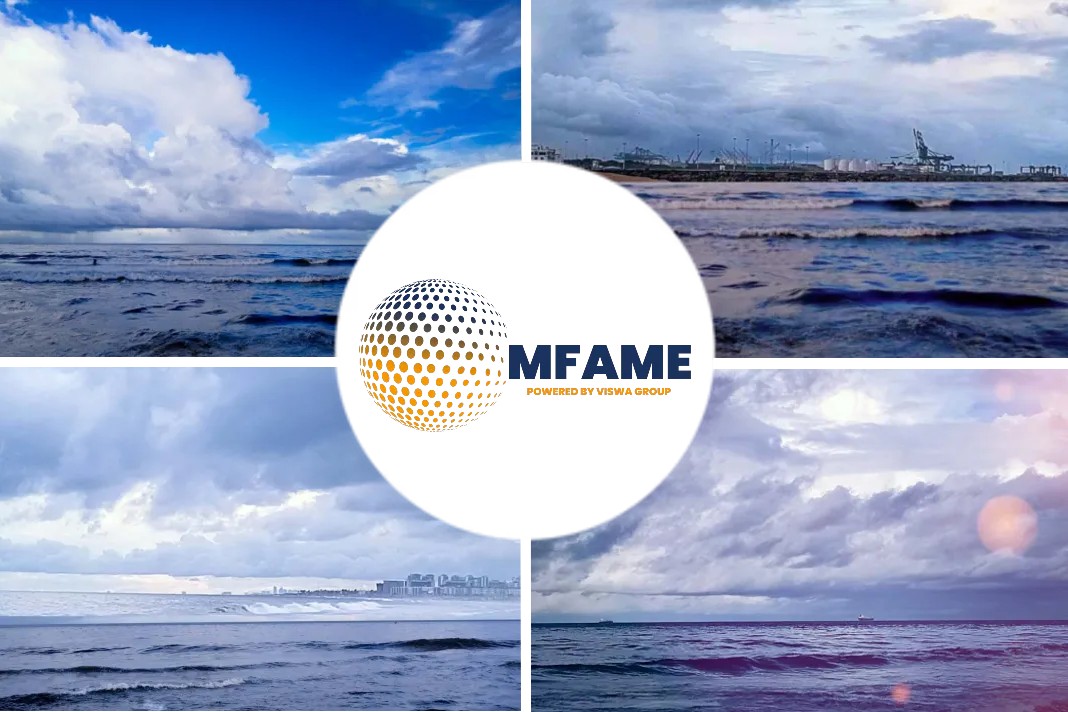
Say No To LNG, a global shipping campaign, has launched this month, with its backers saying they aim to debunk the “myth” that LNG is a climate friendly marine fuel alternative, says an article published on Splash.
Innovate and accelerate climate solutions
LNG remains the number one alternative fuel chosen by owners when ordering newbuilds, with the number of LNG-fuelled ships soaring in recent years. Detractors of the fuel have also grown in number and volume with the likes of the World Bank weighing in.
The new campaign group is supported by ClimateWorks Foundation, a global platform for philanthropy to innovate and accelerate climate solutions that scale.
Financial institutions
Say No To LNG’s one goal, according to its website, is to urge policymakers, industry stakeholders, and financial institutions to urgently rule LNG out of any shipping decarbonisation scenario, to ensure the fuel is seen as a “dead-end solution”.
Upstream methane leakage
Advocates of LNG as a marine fuel tout the benefits of LNG in considerably reducing sulphur and particulate pollution and cutting CO2 emissions during fuel combustion, hence argue that LNG is the only transition fuel available at scale today for reducing shipping CO2 emissions.
However, a growing body of literature shows that upstream methane leakage and high methane slip of some LNG-powered engines more than offset the CO2 emission benefits of LNG.
Lower cost conventional vessels
Methane emissions are responsible for 25% of global warming and pack a stronger short-term punch than CO2, with the campaign group claiming methane is 82 times more potent than CO2.
A report issued by London’s UCL Energy Institute last September argued that as much as $850bn of tonnage is at risk of being stranded by 2030 if the shipping sector continues investing in LNG-capable ships as policies that incentivise shipping to decarbonise in line with the Paris Agreement would erode the value of more expensive LNG-capable vessels to be similar to that of lower cost conventional vessels.
Specifically recommended countries
The World Bank shocked many in shipping two years ago with the publication of a maritime decarbonisation report in which it specifically recommended countries pull back from investing in further LNG bunkering infrastructure.
Similarly, the Intergovernmental Panel on Climate Change (IPCC) has been highlighting of late in far greater detail the harmful effects methane is having on the planet.
Pathway to zero emissions
Faced with repeated criticism, SEA-LNG, shipping’s lobby group in favour of the chilled gas as a transitional fuel, stated in a recent release: “Waiting is not an option – LNG as a marine fuel delivers immediate GHG benefits and a lower risk, lower cost, and has an incremental pathway to zero emissions through bioLNG in the near term and e-LNG in the mid to long term.”
Did you subscribe to our Newsletter?
It’s Free! Click here to Subscribe!
Source: Splash






















